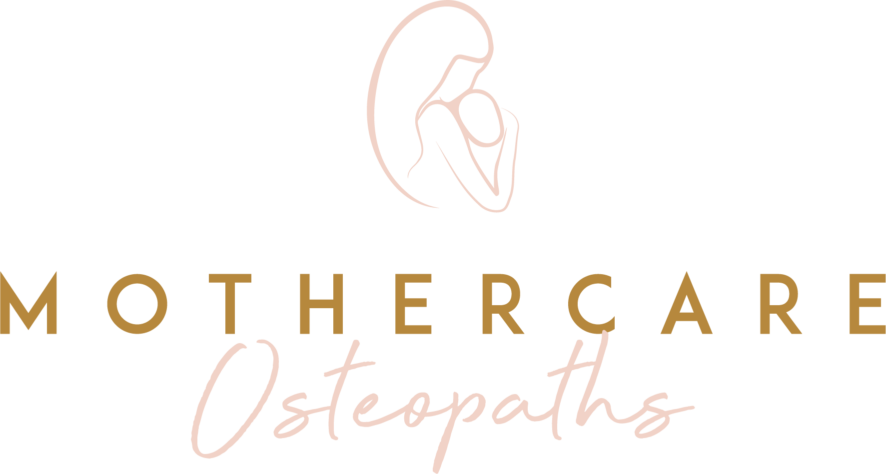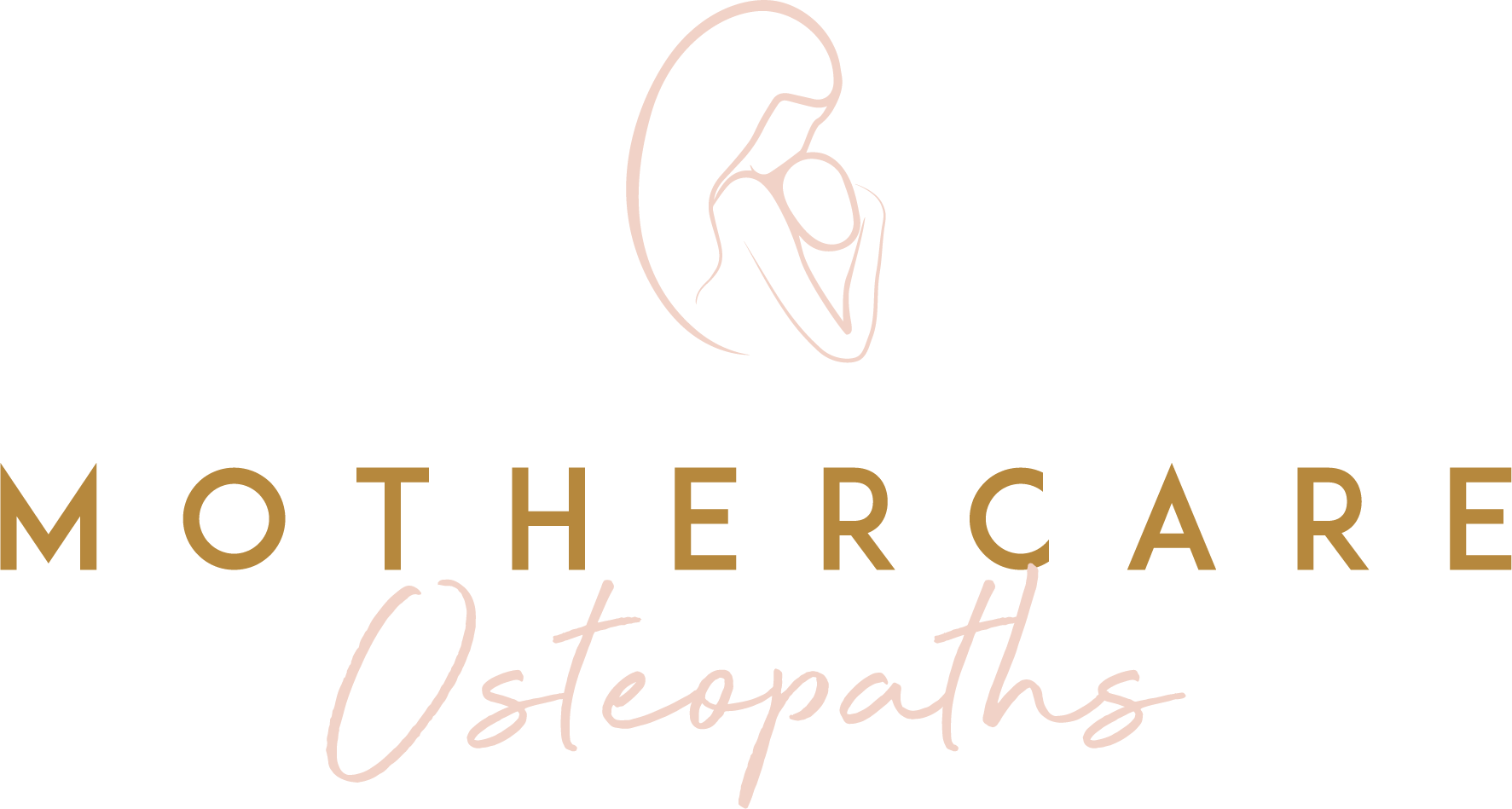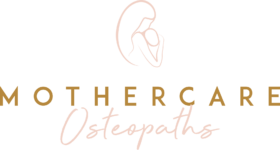Some of you know that I have a background in Naturopathy and because of this my approach to Osteopathic practice has always been more holistic. In actual fact Osteopathy is based on the philosophy that all body systems are interrelated and dependent upon one another for good health. This concept of health dates back to the days of Hippocrates, a Greek physician
(460BC – 370BC) who is considered to be the “Father of Medicine”.
The name Osteopathy stems from the Latin ‘osteon’ referring to structure (often perceived as bone) and ‘pathos’ meaning ‘passion for’ or ‘suffering or dysfunction of’. The name was chosen by Andrew Taylor Still MD, DO who was the founder of osteopathy and osteopathic medicine.
Andrew Still was a physician, surgeon, author and inventor. He served as a surgeon in the Civil War in America. In 1864 he lost his wife and three of their children to spinal meningitis. He went on to devote 10 years of his life to studying the human body and finding better ways to treat disease. His research and clinical observations led him to believe that the musculoskeletal system played a vital role in health and disease. He started to develop his concepts of osteopathic principles and his treatments used manipulation methods to improve circulation and function. Andrew Still focused on the free flow of fluids, using mechanical techniques to support circulation and improve health.
By 1889 large numbers of people started travelling to his clinic to receive his treatments. In 1892 Still opened the first school – the American School of Osteopathy in Kirksville, Missouri, USA. It was the first medical school to welcome minorities and women as students. Andrew Still taught William Sutherland DO who went on to research and develop the field of Cranial Osteopathy. He also taught John Martin Littlejohn DO who took osteopathy to the UK and founded the British School of Osteopathy.
In the essence of osteopathy Andrew Taylor Still recognised the bodys ability to heal itself and the importance of supporting this process through the musculoskeletal system. He reaffirmed Hippocrates approach to health.
The unity of all body parts is still seen as the most fundamental statement of osteopathy today.
The Essence of Osteophathy


